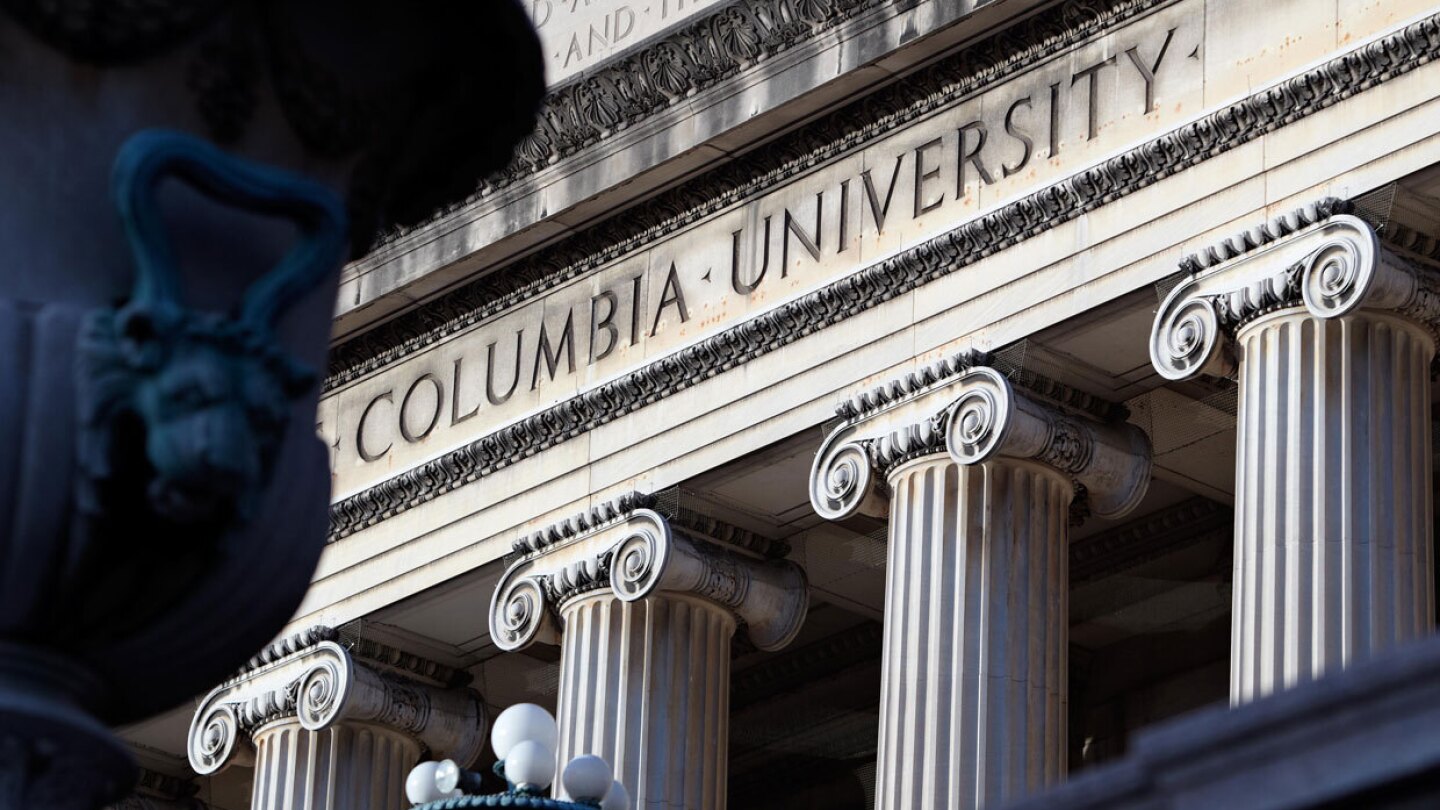Last fall, Columbia Engineering and Amazon announced the creation of the Columbia Center of AI Technology (CAIT). In conjunction with the news Columbia issued an internal request for research proposals, and its call for PhD student fellowship nominations.
Now four months later, CAIT is announcing the initial faculty research award recipients, as well as the two PhD fellowships.
“The goal of CAIT is to establish a world-class center of knowledge discovery and talent training for broad societal impact,” said Shih-Fu Chang, director of CAIT, senior executive vice dean and Richard Dicker professor, Columbia Engineering, and an Amazon Scholar. “The research of our PhD fellows, and the initial research projects we’re funding are indicative of the kinds of transformative research and multi-disciplinary approaches to solutions that CAIT is supporting.”
“It is exciting to see CAIT gather so much momentum so quickly after its launch,” said Prem Natarajan, Alexa AI vice president of natural understanding, and Amazon’s liaison to CAIT. “The research being conducted by the fellows, and within the five research projects supports our goal of addressing some of the hardest challenges in AI, democratizing access to the innovative outcomes of this work, and investing in the AI leaders of tomorrow.”

PhD fellowships awarded
The PhD fellowships have been awarded to Noemie Perivier, a PhD candidate in operations research, and Mia Chiquier, a PhD candidate in computer vision and multi-modal learning.

Perivier, whose faculty adviser is Vineet Goyal, associate professor of industrial engineering and operations research, Columbia Engineering, is studying sequential decision-making under uncertainty, and design of online algorithms in data-rich environments, with applicability for revenue-management problems. Chiquier, whose faculty adviser is Carl Vondrick, assistant professor, computer science, Columbia Engineering, is developing a computational framework that integrates sound and vision, and hopes that by adopting a more integrated understanding of agents her work will lead to improved machine-perception systems.
Research projects supported
The five inaugural research projects supported are:
Fairness and incentives in machine learning, Christos Papadimitriou, and Tim Roughgarden, professors of computer science, Columbia Engineering.
Papadimitriou and Roughgarden will use machine learning, algorithms, and social science techniques to explore through analysis and experiment ways in which the tremendous power of machine learning can be applied to render machine learning more fair. Can deep nets be trained through synthetic fairness criticism to treat their data more equitably, and can the unfair treatment of subpopulations be discovered automatically? How can one predict and mitigate the detrimental effect a classifier can have on people by incentivizing them to modify their behavior in order to "game" the classifier? And what is the precise nature of the incentives and learning behavior involved in the interaction of users with online software platforms?
Columbia-Amazon Summer Undergraduate Research Experience program
Columbia Engineering and Amazon recently announced their initiative to create the Columbia-Amazon Summer Undergraduate Research Experience (SURE) program aimed at increasing diversity and inclusiveness in technology fields. Learn more about the eight-week summer research and professional development program.
Inventory control for multi-location and multi-product systems, Awi Federgruen, professor of management, Columbia Business School; Charles Daniel Guetta, associate professor of professional practice, Columbia Business School; and Garud Iyengar, Tang Family Professor of Industrial Engineering and Operations Research, Columbia Engineering.
Inventory management is as old as retail — keeping too much inventory on hand results in locking up capital, and incurring high storage costs; keeping too little risks selling out, losing revenue, and customer dissatisfaction. Retail has changed in significant and dramatic ways over the last two decades — demands are now fulfilled from complex fulfillment networks, facilities are often located in increasingly urban areas with very limited storage capacity, and an enormous variety of products compete for space in these facilities. In this project, the researchers build upon a long line of research on this problem, and extend it to be able to cope with the myriad new faces of retail and fulfilment in the 21st century.
Using speech and language to identify patients at risk for hospitalizations and emergency department visits in homecare, Zoran Kostic, professor of professional practice, Electrical Engineering, Columbia Engineering; Maxim Topaz, Elizabeth Standish Gill Professor of Nursing, Columbia University School of Nursing; and Maryam Zolnoori (Nursing).
This study is the first step in exploring an emerging and previously understudied data stream — verbal communication between healthcare providers and patients. A partnership among Columbia Engineering, Columbia’s School of Nursing, and the largest home healthcare agency in the US, the study will investigate how to use audio-recorded routine communications between patients and nurses to help identify patients at risk of hospitalization or emergency department visits. The study will combine speech recognition, machine learning, and natural language processing to achieve its goals.
The research being conducted by the fellows, and within the five research projects supports our goal of addressing some of the hardest challenges in AI, democratizing access to the innovative outcomes of this work, and investing in the AI leaders of tomorrow.
Counterfactual reinforcement learning for personalized decision-making, Elias Bareinboim, associate professor of computer science, Columbia Engineering.
One pervasive task found through data-driven fields (including medical research, education, business analytics) is the problem of personalized decision-making, i.e., to determine whether a certain intervention will lead to a desirable outcome based upon the individual's characteristics and experiences. We note that the current generation of off-policy/online learning that tries to solve this problem (1) ignores (off-line) observational data, except for some idealized scenarios, or (2) is oblivious to the invariances present in the underlying causal structure. This leads to poor decision-making performance and a lack of explainability. This project will develop new machinery for advancing the state-of-the-art of personalized policy learning through causal lenses.
Extremely abstractive summarization, Kathleen McKeown, the Henry and Gertrude Rothschild Professor of Computer Science, Columbia Engineering.
Most research in text summarization today focuses on summarization of news articles and for this genre, much of the wording in the summary is directly copied from the summarized article. In contrast, in many other genres, the summary uses language that is very different from the input. The summary may use extensive paraphrasing, large amounts of compression, syntactic rewriting at the sentence level and fusion of phrases from different parts of the input document. This kind of summarization is quite difficult for today's deep learning systems. The researchers plan to develop methods to enable generation of three forms of abstraction: paraphrasing, compression, and fusion. They aim to develop separate models for each and compare with a joint learning approach. This work will be done within a controllable generation paradigm, where the system can determine the abstractive technique that is most appropriate depending on context.
In addition to providing support for research and PhD Fellowships, CAIT will also launch a seminar series and annual research symposia. Additional information about CAIT activities and research focus areas is available on the CAIT website.


















